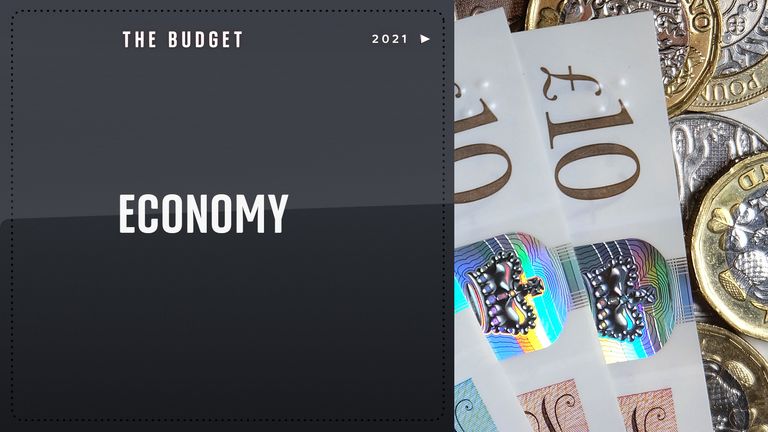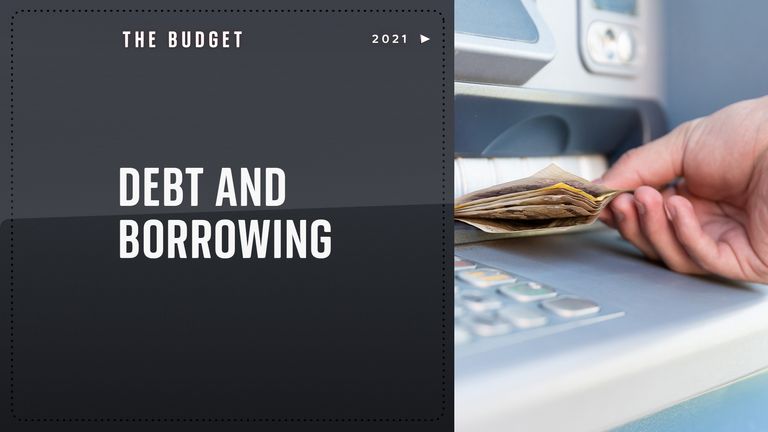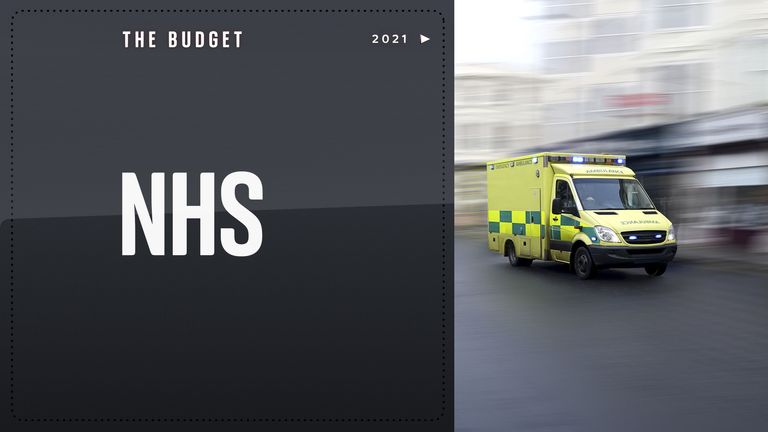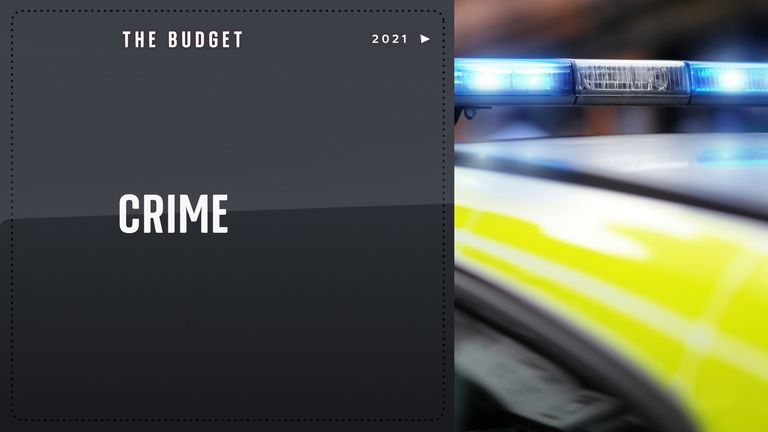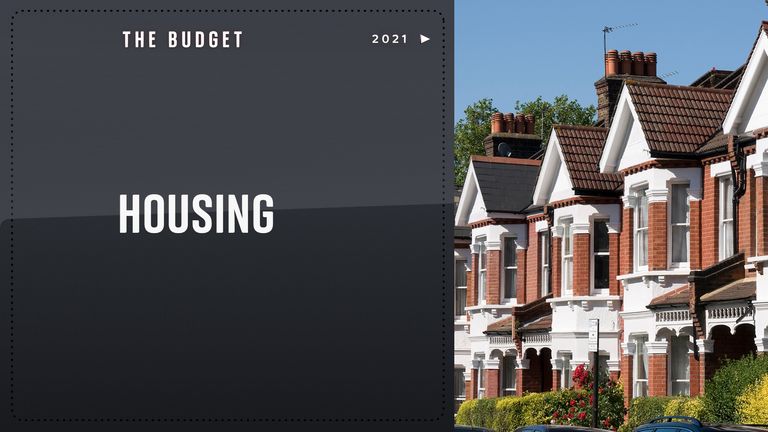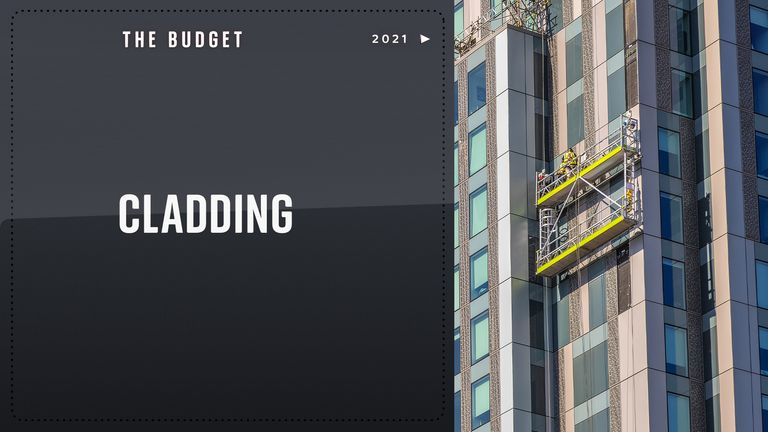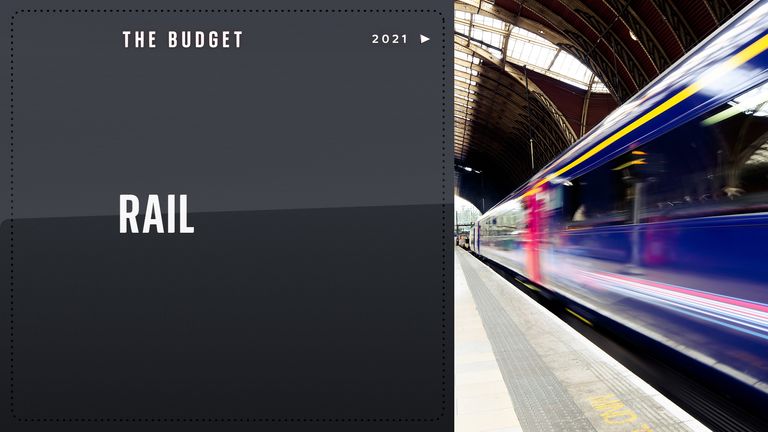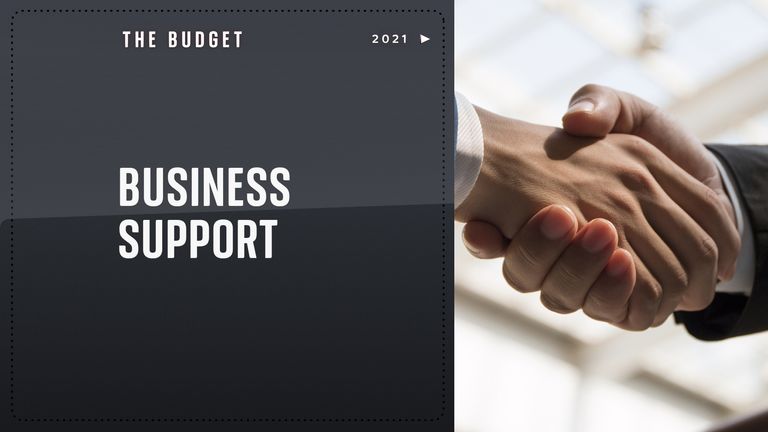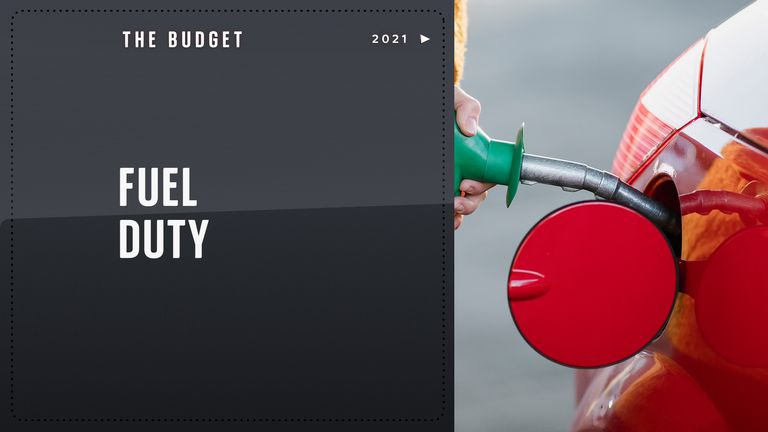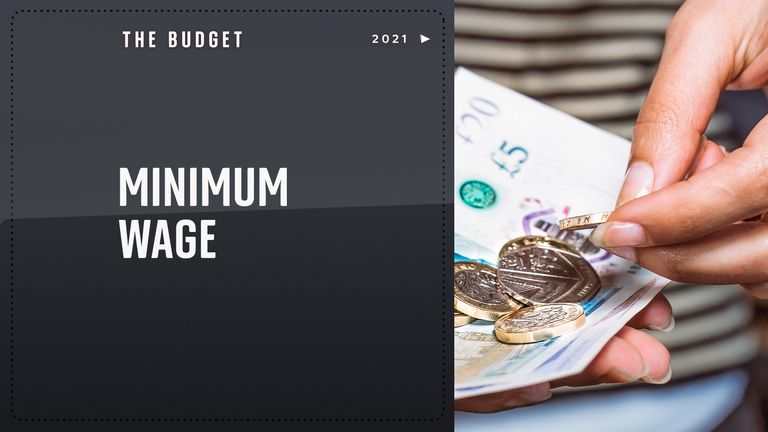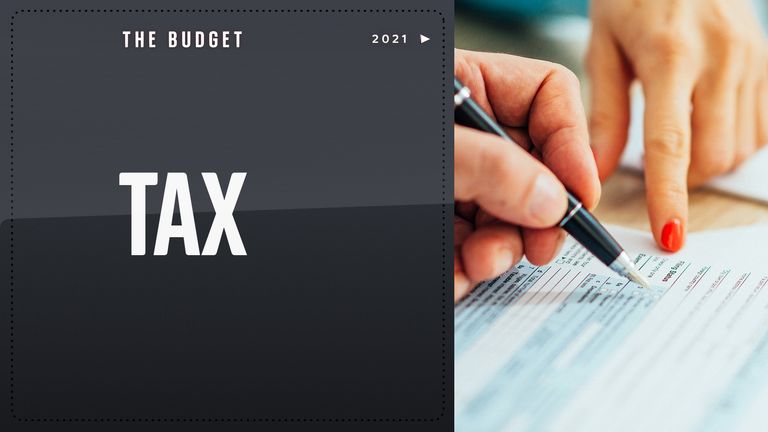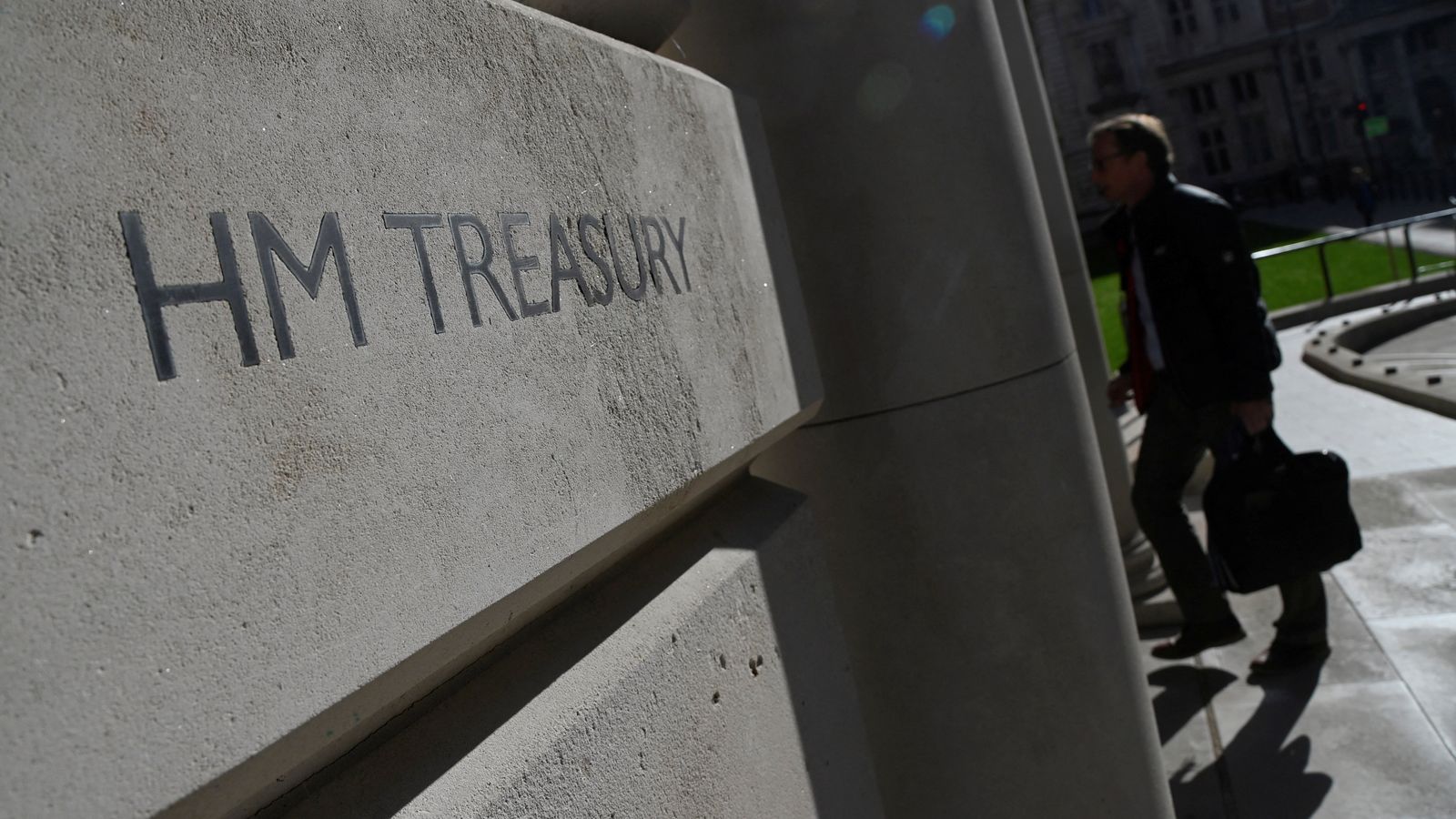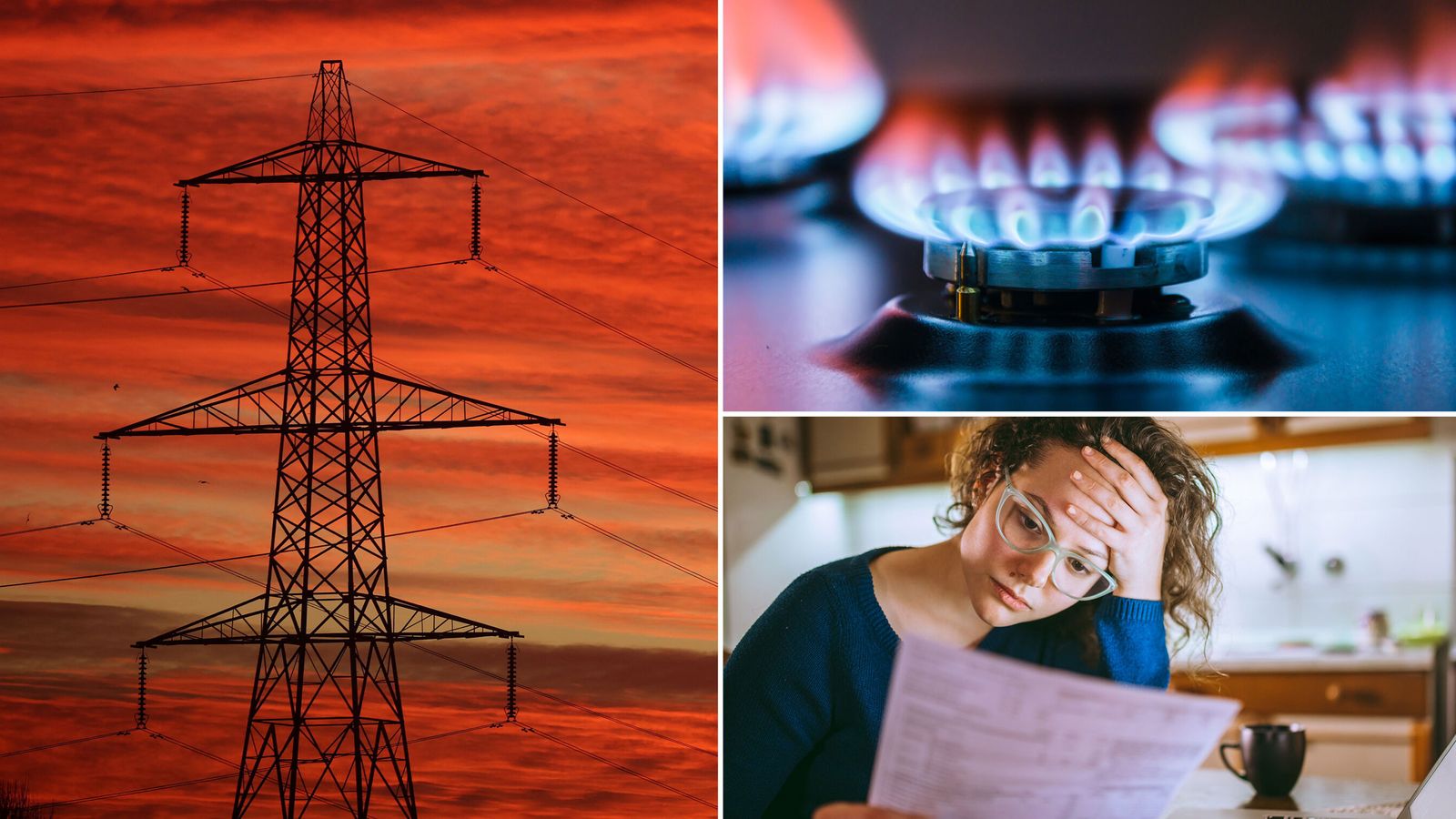Here are the key points from Chancellor Rishi Sunak’s budget speech:
• The chancellor says there are “challenging” months ahead, adding that inflation in September was 3.1% and is likely to rise further – the OBR expect it to average 4% over the next year
• Pressures caused by supply chains and energy crisis will “take months to ease”.
• Economy to return to its pre-COVID level at the turn of the year – an improvement on OBR forecasts revealed in March
• Economy expected to grow by 6% in 2022, and 2.1%, 1.3% and 1.6% over the next three years
• In July last year, at the height of the pandemic, unemployment was expected to peak at 12% but the OBR now expect it to peak at 5.2%
• Compared to 2020, wages have grown by 3.4%
• Underlying debt is forecast to be 85.2% of GDP this year
• It will reach 85.4% in 2022-23, before peaking at 85.7% in 2023-24
• It then falls in the final three years of the forecast from 85.1% to 83.3%
• Total departmental spending over this parliament will increase by £150bn, growing by 3.8% a year in real terms
• Spending on healthcare to increase by £44bn to over £177bn by the end of this parliament
• Extra revenue from health and social care levy will go towards NHS and social care as promised
• Health budget will be the largest since 2010, with record investment in research and development, better screening, 40 new hospitals and 70 hospital upgrades
• Mr Sunak says the budget funds an ambition to recruit 20,000 new police officers
• Extra £2.2bn for courts, prisons and probation services, including £500m to reduce the backlog in courts
• Programmes to tackle neighbourhood crime, reoffending, county lines crimes, violence against women and girls, victims’ services, and improved response to rape allegations
• £3.8bn for the “largest prison-building programme in a generation”
• £11.5bn to build up to 180,000 affordable home – 20% more than the previous programme
• £1.8bn to bring 1,500 hectares of brownfield land into use
• £640m a year to help those who are rough sleepers and homeless
• £5bn to remove unsafe cladding from the highest risk buildings, partly funded by a residential property developers’ tax, which will be levied on developers with profits over £25m at the rate of 4%
• £21bn for roads as part of a larger investment in transport
• £2.6bn for upgrades of over 50 local roads
• More than £5bn for road maintenance – enough to fill one million more potholes a year
• More than £5bn for buses, cycling and walking improvements
• HGV levy (previously suspended until August) will now be suspended until 2023
• Vehicle excise duty for heavy goods vehicles to be frozen
• Funding to improve lorry park facilities
• £46bn investment in railways, with an integrated rail plan to be published soon
• £5.7bn for London-style transport settlements in Greater Manchester, Liverpool City Region, Tees Valley, South Yorkshire, West Yorkshire, West Midlands, West of England
• £300m for parenting programmes for families, tailored services to help with perinatal mental health
• £150m to support training and development for early years workforce
• £200m for Supporting Families programme which helps families with varied needs
• Over £200m to continue the holiday activity and food programme
• £560m for youth services – enough to fund up to 300 youth clubs in England
• More than £200m to build or transform up to 8,000 community football pitches in the UK
• £2bn new funding to help schools and colleges, bringing total support (some already announced) to almost £5bn
• Restoring per pupil funding to 2010 levels in real terms, equivalent to a cash increase for every pupil of more than £1,500
• 30,000 new school places for children with special needs and disabilities
• New 50% business rates discount for businesses in the retail, hospitality and leisure sectors, including pubs, music venues, cinemas, restaurants, hotels, theatres, and gyms
• This will mean any eligible business can claim a discount up to a maximum of £110,000 – a tax cut worth almost £1.7bn
• Mr Sunak says that, together with small business rates relief, this means more than 90% of all businesses in these sectors will see a discount of at least 50%
• An overhaul of alcohol duty, cutting the number of main duty rates from 15 to six – the stronger the drink, the higher the rate
• Small producer relief will extend the principle of small brewers’ relief to small cidermakers and others making alcoholic drinks of less than 8.5% ABV
• Sparkling wines will pay the same duty as still wines of equivalent strength, rather than the 28% they currently pay. Duty will also be cut for fruit cider
• Planned rise in fuel duty will be cancelled, meaning that – after 12 consecutive years of frozen rates, the average car driver will save a total of £1,900
• National living wage to increase next year by 6.6% to £9.50 an hour. For a full time worker, that’s a pay rise worth over £1,000
• This move will help more than two million of the lowest-paid workers, Mr Sunak says
• Mr Sunak says his goal is to reduce taxes and the universal credit taper, which reduces financial support as people work more hours, is in his sights
• The rate is currently 63%, so for every extra £1 someone earns, their universal credit is reduced by 63p. Mr Sunak announces plans to cut this by 8 percentage points (from 63% to 55%). This will come into effect “within weeks”
• Work allowances being increased by £500 – combined with the change to the taper, this is a tax cut worth more than £2bn, he says. Nearly two million families will keep, on average, an extra £1,000 a year

